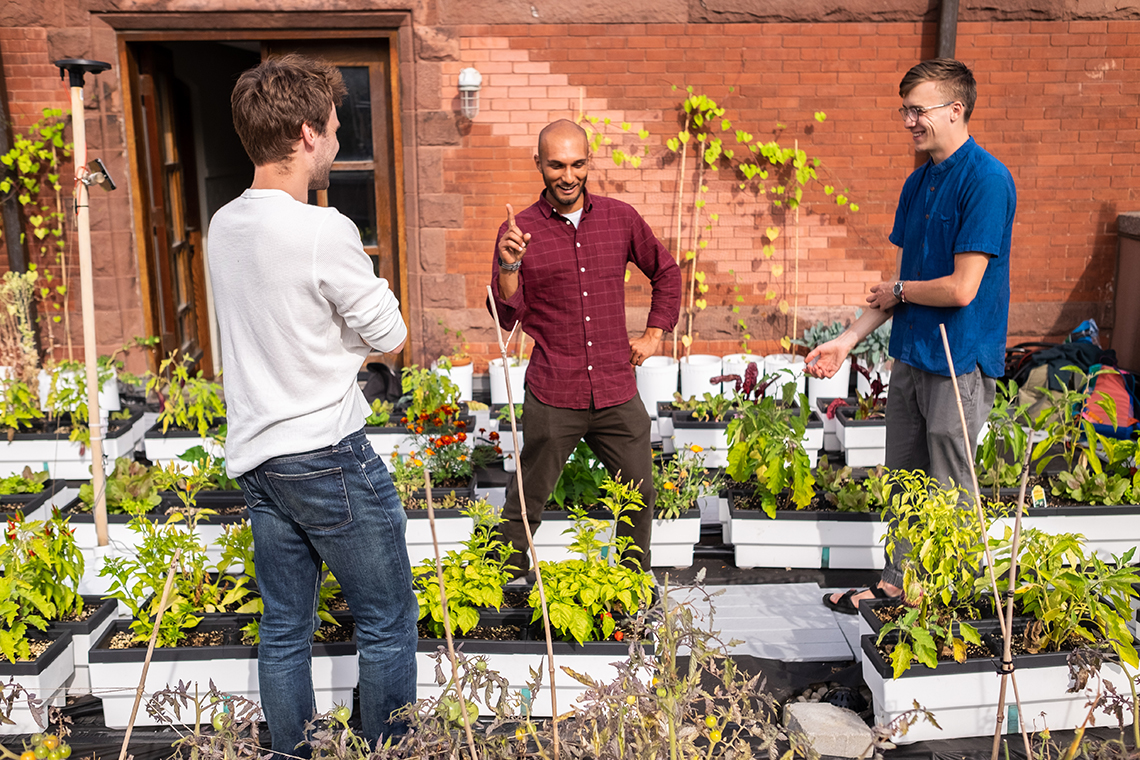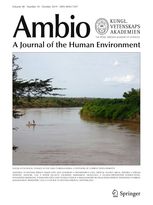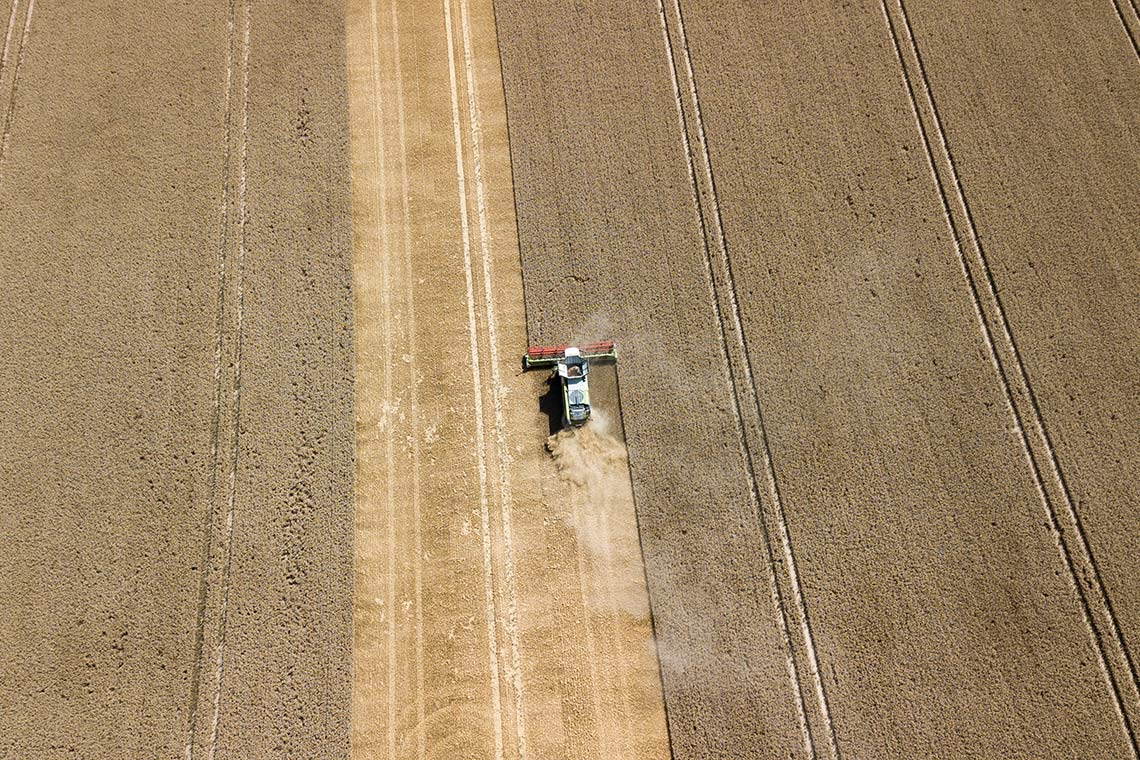Tag: biodiversity

Prize-winning undergraduate research takes stock of U of T’s sustainability-related courses, groups and projects
Rashad Brugmann says there’s been a “groundswell” of support for sustainability initiatives on campus – an apt choice of words considering one example lay right under his feet.
He and fellow University of Toronto students Nicolas Côté and Nathan Postma walked the narrow lanes between crops growing on Trinity College’s rooftop garden, including heirloom tomatoes, sweet and hot peppers and three kinds of eggplant.

Climate change could impact omega-3 levels worldwide, U of T researchers find
Climate change won’t just bring rising sea levels and more extreme weather — it could also impact your dinner plate.
A new University of Toronto study suggests that a warmer world will decrease the availability of a nutrient that is key to development and brain health. The study, published in the journal Ambio, investigates worldwide production of docosahexaenoic acid (DHA), a naturally occurring essential omega-3 fatty acid. The group of molecules is needed for higher-level brain functioning and cognition, memory, eyesight, particularly at crucial stages in fetal brain development.

Forests for the future: U of T researcher seeks to make trees more resilient amid a changing climate
Katharina Braeutigam, a plant epigeneticist at the University of Toronto, wants to grow trees fit for a future climate.
By studying plants at the molecular level, Braeutigam looks at how trees respond to external signals such as drought, and how they record “memories” of stress. She also researches how they respond to internal signals – specifically those that determine sex.

U of T-led study finds global crop diversity on the decline
A new University of Toronto study suggests we’re growing more of the same kinds of crops around the world, presenting a major challenge to agricultural sustainability.
